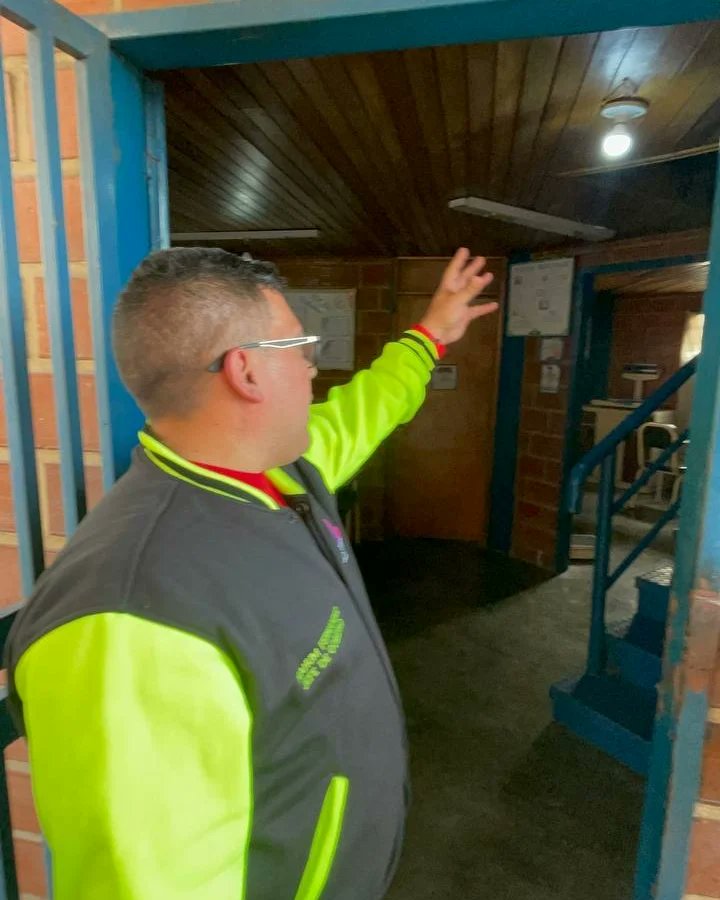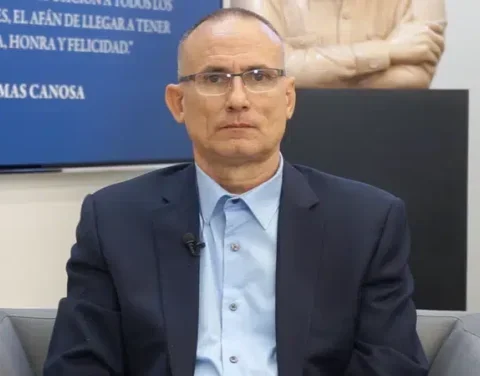Juntos por el Cambio (JxC) lived a troubled week in which the leadership of the space had to warn “rogue” leaders from the interior of the country with sanctions, in a context in which the founder of the Civic Coalition (CC), Elisa Carrió, insinuated her presidential aspirations and the UCR deputy Facundo Manes suggested inviting “non-Kirchnerist Peronism” to join the ranks of the main opposition alliance.
Given the disorder that exists inside the country with the eventual candidacies of leaders of radicalism and PRO, the National Board of JxC met in the middle of the week and warned those who do not comply with the internal rules with sanctions.
The problem threatens split to coalition in several districtsin which electoral strategies in terms of candidates and alliances are the subject of constant controversy between the PRO and the UCR.
There are provinces where there is no STEP, and the bulk of the problems are concentrated theresince the main parties that make up the alliance do not agree on who should head the lists.
The districts with the greatest conflict
One of the epicenters of the disagreements occurs in the province of Mendoza, where the radical Alfredo Cornejo –who already governed the district–, wants to run for the governorship, but the competition of the deputy Omar De Marchi, of the PRO, who also wants to dispute that position.
The lack of provincial understanding obeys the national logic: while Cornejo plays the presidential match with the head of the PRO, Patricia Bullrich, De Marchi refers to the Buenos Aires head of government, Horacio Rodríguez Larreta.
The same is happening in the province of Córdoba, where Luis Juez, of the PRO, and Rodrigo de Loredo, of the radical sector Evolución, led by Senator Martín Lousteau, are also unable to agree on how the candidacies will be settled in the Mediterranean lands.

In several provinces, there are JvC leaders who want to avoid appearing to compete in the PASO and they bet on defining the nominations through internal agreements, something that is emerging as difficult to achieve in an increasingly thick climate that separates the different opposing tribes.
The National Table’s warning to candidates who “break” the electoral rules not being able to use the party seal could cause some to decide to go outside of JxC, which would imply breaking the coalition in some districts.
In addition to those already mentioned, the lack of agreements also covers provinces such as Tucumán, Río Negro and Chubut.
On February 6, the National Table will meet again to try to appease these different sources of “rebellion” in these districts.
The provincial “disorder” is a faithful reflection of the opposition’s lack of unity at the national level, in a scenario in which Bullrich and Rodríguez Larreta launch permanent accusations at each other.
For his part, former president Mauricio Macri has the entire JxC in suspense while he decides whether or not to run for this year’s great compulsa, and the radicals cannot yet order their own internship between the governor of Jujuy, Gerardo Morales, and Manes , both with aspirations of scoring in the race to aspire to the Rivadavia Chair.
In this frame, Carrió suggested last week that she could present herself as a presidential candidate for the CC if that served “to maintain the unity of JxC.”
Those who know the inside of the opposition coalition estimate that Carrió threatens with an eventual launch for what is the harvest of votes that the CC can obtain in the PASO and, with these figures to his credit, negotiate spaces of power for the leaders who respond in a next government.
In the meantime, Manes, after returning from his vacation, proposed that JxC receive the space of non-Kirchnerist Peronists led by the governor of Córdoba, Juan Schiaretti and the former president of Salta, Juan Manuel Urtubey.
The neurologist has been forging a good relationship with the Peronist sectors that are distanced from Kirchnerism and imagines himself as the leader of a “medial avenue” that adds contributions from various political expressions.
In recent days, an axis of affinity made up of Rodríguez Larreta, Carrió and Morales has also been consolidated.
“Lilita” already held the third meeting between the technical teams of the Coalition and those of radicalism, who meet weekly to analyze government plans and in recent days they had a meeting whose axis was foreign policy.



















